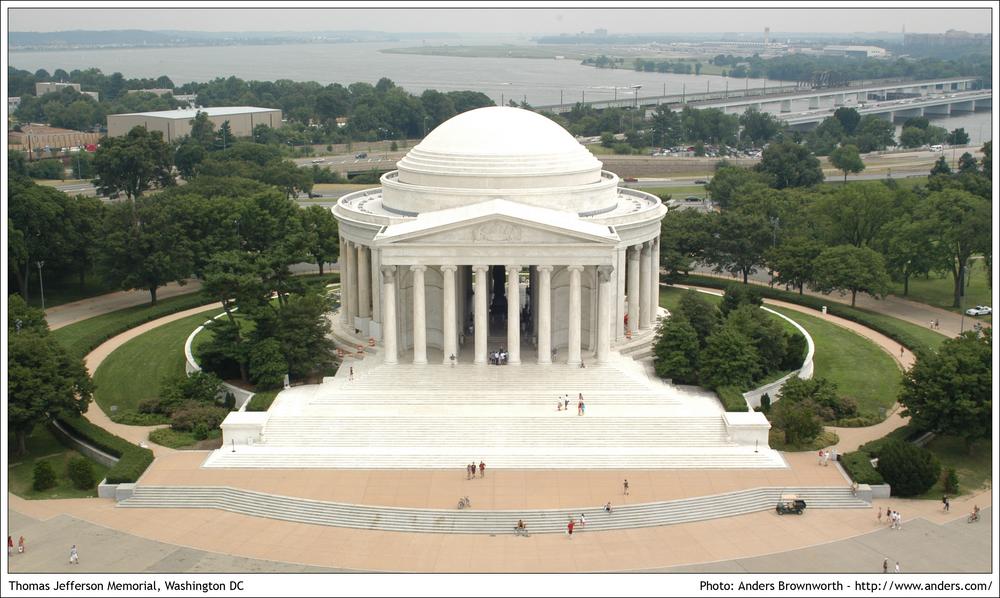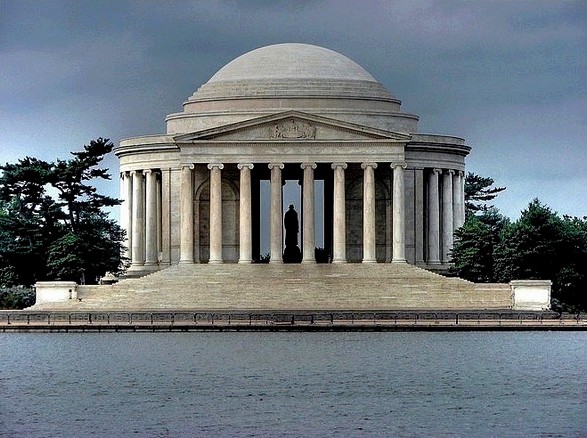|
Craig White's Literature Courses Terms / Themes |
|
|
17th Century compared to 18th Century |
17th Century
1600s, a.k.a. "The Seventeenth Century": Protestant Reformation & Catholic Counter-Reformation
European & Euro-American literature & culture marked by issues of faith, values; serious tone
religious institutions, esp. Protestantism (continual fissuring and reformation)
sources of authority: revelation, tradition, scripture
profound depth of religious feeling and meaning > much great religious writing & religious music (Bach)
religious feeling > religious strife, warfare, division, intolerance, counter-productive behavior
Religious Wars of the 1500s-1600s (previous example: English Civil War, 1640s)
Little religious warfare in early America, but Salem Witch Trials share same style of righteous violence and absolute belief
But the Scientific Revolution also begins during this era . . .
British writers: John Donne (poet & minister): Batter my heart, 3-personed god
18th Century
1700s—Age of Reason, Enlightenment, Neo-Classical era
reason, science, capitalism, national institutions
sources of authority: empiricism, reason, nature
tone: tolerance (Crevecoeur), restraint, balance, irony, satire
scientific revolution: Newton, Halley, Boyle
institutions: free-market capitalism, Declaration of Independence, U.S. Constitution, balance of powers
religion: "Deism"—hands-off God, x-miracles
American Literature: "Founding Fathers"
Capitalism: 1776 Adam Smith, The Wealth of Nations (a.k.a. "The Bible of Capitalism")
utopia? satirized (e. g., Gulliver's Travels)
Geographical power shift:
Boston, New England > Philadelphia, mid-Atlantic States (NY, VA, PA)
Architecture
Baroque

Dresden, Germany


interior, dome of Granada Cathedral
Neo-Classical or Enlightenment Architecture






